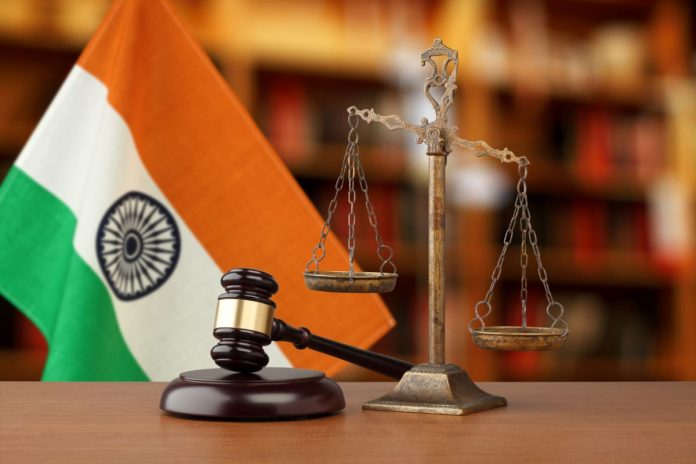This article has been written by Team LawSikho,
Table of Contents
Madhya Pradesh Judicial Services Exam 2020-21
Law Graduates who wish to become members of subordinate judiciary should write the entry-level exam which is the Judiciary exam or the PCS (J)-Provincial Civil Service-Judicial Examination.
This exam is uniformly divided into 3 stages of Preliminary, Mains and Interview, across all States in India.
The State government under the supervision of respective High Courts appoints members of the subordinate judiciary.
The selection process is further dependent on the yearly vacancies/number of seats.
Judicial services offer several attractive features which include handsome perks and privileges including among others- rent-free accommodation, fuel allowances, subsidized electricity and water supplies, telephone allowances, and bursaries for children’s education.
Eligibility
- Education Qualification: Candidates who have completed their LLB degree of duration 3 or 5 years from a Government and Bar Council recognized University will be eligible for the application for the MP High Court Civil Judge Class II recruitment exam.
- Age Limit: The lower age limit to apply for MP High Court Civil Judge Recruitment is 21 Years while the upper age limit is 35 years as of January 1, 2020.
- General Requirements: He/she must be a citizen Of India in sound health, with a good moral character and must not be linked to or have a history with any criminal case involving moral descent.
Syllabus
Phase I Prelims
- Constitution of India
- Code of Civil Procedure, 1908
- Transfer of Property Act, 1882
- Indian Contract Act, 1872
- Specific Relief Act, 1963
- Limitation Act, 1963
- MP Accommodation Control Act, 1961
- MP Land Revenue Code, 1959
- Indian Evidence Act, 1872
- Indian Penal Code, 1861
- Code of Criminal Procedure, 1973
- Negotiable Instruments Act, 1881
- General Knowledge
- Computer Knowledge
- English Knowledge
Phase II Main Exam
The Main Examination consists of four Question Papers each paper carrying 100 marks which means a total of 400 marks. The time duration for all four question papers is 3 hours.
Question paper I
- Constitution of India
- Code of Civil Procedure, 1908
- Transfer of Property Act, 1882
- Indian Contract Act, 1872
- Specific Reliefs Act, 1963 (I, II and VI to VIII)
- Limitation Act, 1963 (Parts II & III)
Question Paper II
- Writing on Social Issue
- Writing on Legal Issue
- Precis Writing
- Translation (Hindi to English)
- Translation (English to Hindi)
Question Paper III
- MP Accommodation Control Act, 1961
- MP Land Revenue Code, 1959
- Indian Evidence Act, 1872
- Indian Penal Code, 1860
- Code of Criminal Procedure, 1973
- Negotiable Instruments Act, 1881
Question Paper IV
- Framing of Issues- 10 marks
- Framing of Charges- 10 marks
- Judgement or Order (Civil) Writing for Civil Judge II Class level
- Judgement or Order (Criminal) Writing for Judicial Magistrate First Class Level
Phase III
Viva-voce or Personal Interview
The last round will be of viva-voce which will be a round of personal interview with an examiner. The maximum marks for the viva-voce round is 50. Only the marks from the main exam and the viva-voce will be used for arriving at the final rankings.
None of the candidates, regardless of the marks secured by him in the Main Examination, will be authorized for selection, if he does not secure the minimum marks enlisted in the test for Viva-Voce.
If you are interested in creating a foolproof strategy for your judiciary preparation, sign up for a judiciary preparation workshop that we are conducting on 14th December for more insights.
For more insights and updates about the judiciary exam, join our Whatsapp group here.
Source
https://mphc.gov.in/recruitment-result
LawSikho has created a telegram group for exchanging legal knowledge, referrals and various opportunities. You can click on this link and join:
 Serato DJ Crack 2025Serato DJ PRO Crack
Serato DJ Crack 2025Serato DJ PRO Crack











 Allow notifications
Allow notifications


